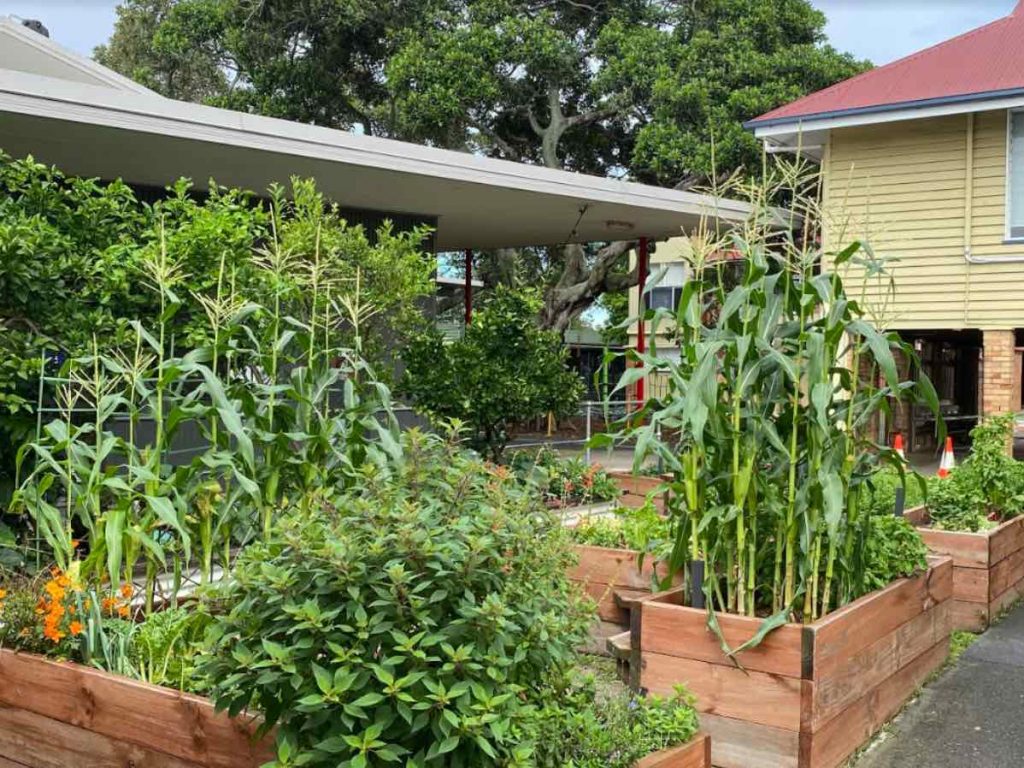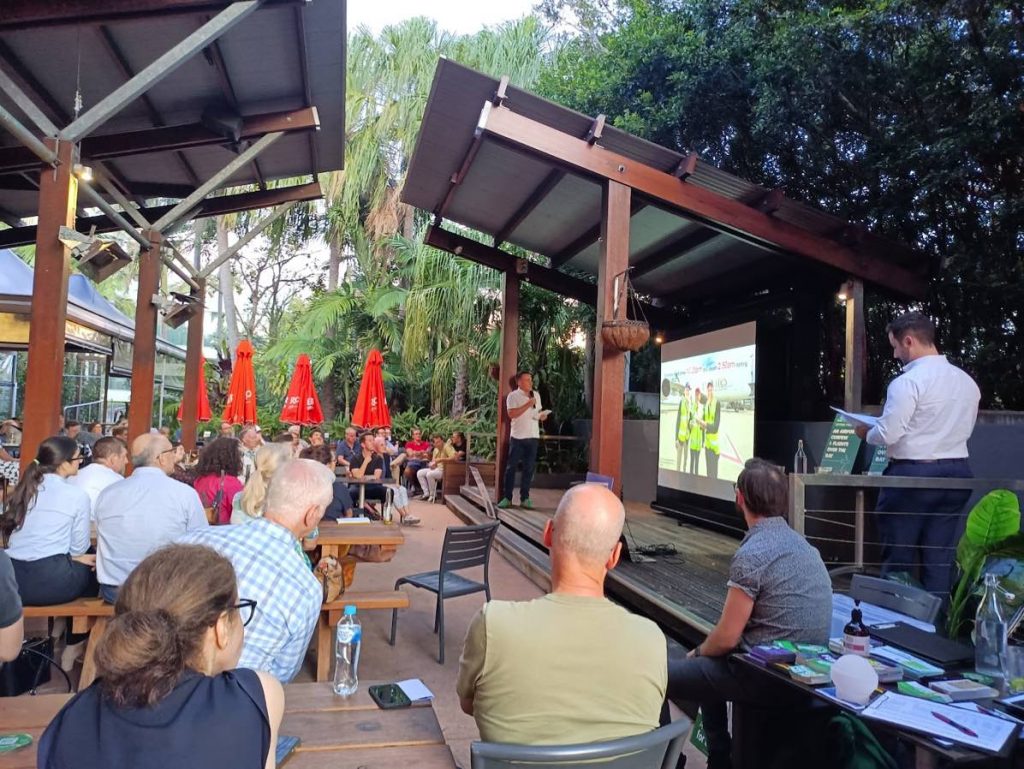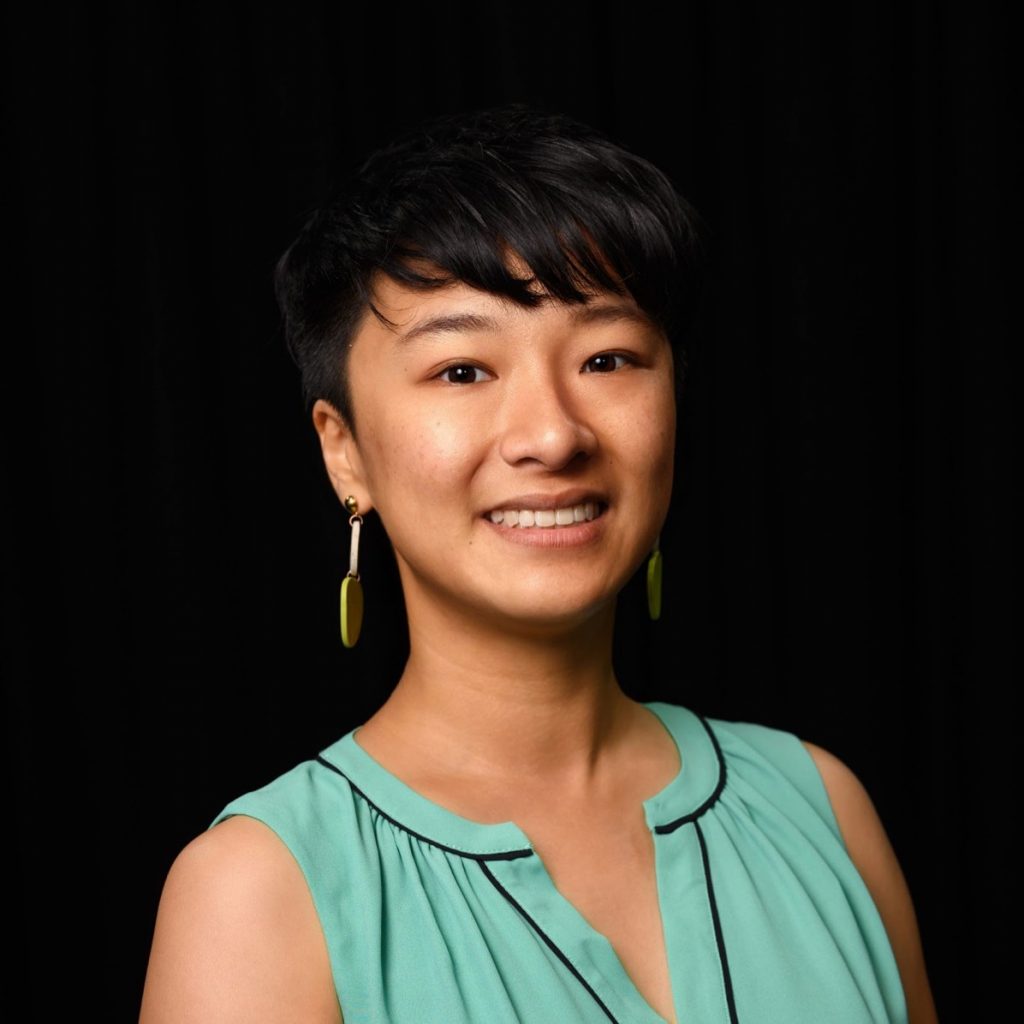Some of Australia’s most well-known corporations have posted record-breaking half-year profits, while inflation rises to 7.8% and real wages have regressed back to 2010 levels. Earnings of $69,000 today will buy what $54,000 did 13 years ago.
The excessive profit gains in the billions of dollars of the Commonwealth Bank, Woolworths, NAB, Qantas, Woodside, Coles and other brands have contributed 69% of additional inflation beyond the Reserve Bank of Australia’s target of 2-3%. Rising labour costs account for only 18% of that inflation.
So in the face of this “profit-price” spiral lifting inflation, why are we still being told a story of a non-existent “wage-price” spiral as the culprit to our economic woes?
By blaming workers and labour for a problem caused by capital and corporate greed, it’s painfully clear that endless profitability remains central to the concept of progress, growth, and success in the present-day market, regardless of the collateral fall-out of food inflation and mortgage stress for communities across so called Australia.
It would be reasonable to think that individual action would be powerless in the face of this systemic extractivism. What can one person hope to do? However we are seeing folks banding together, forming communities, and taking a stand. Across political party branches, community fora, and local groups, we are seeing more people including young professionals engage with local issues in their spare time.
Maybe some of us had to be pushed to the brink, or see people not dissimilar to ourselves struggle to meet the basics, in order to finally be motivated to do grassroots work towards transformation.
For many of us coming of age around the last global financial crisis, doing political work was not part of the formula to success handed down by our parents and teachers. The concept of progress was lived in a linear way: go to uni, get a good job, buy a house, provide for your family. If anything, earn enough so that you can throw money at a problem on an individual or family level; no need to get into political activism.
Continuous growth was an underlying assumption in a model where we would never touch any ecological limits.
Though many of our elders and managers agreed in principle to no new coal and gas, and applauded talk of ecological sustainable development, the fear of regression was pitted against ecological living. Being conscious of ecological impacts was seen as something “nice to have” and good for corporate social responsibility, but ultimately a handbrake that should be released if we wanted to successfully reach our potential. Thus we embarked on our careers imbued with their fears of falling behind in a growth-centred model. We were counselled that if we didn’t question the system, decades of economic growth and wage growth would chug along during our lifetime and things would be fine.
But as I go to work, talk to my colleagues and listen to the news, it is clear to me and many of my peers that this social contract has clearly been broken, the most recent example being the ten consecutive interest rate rises, and real wages going backwards amid unprecedented corporate profiteering. With that, we’re seeing more people from different class backgrounds seeking out more equitable alternatives, engaging in community activism, and making deliberate choices towards ecological living. This has changed the narrative of activism and living democracy from the “have nots” to the “choose nots” against the assumption of linear progress.
The first example is property speculation. What some might refer to as ‘rational actors’ know that property investment is the standard way to build wealth in Australia’s tax system, with its incentives distorted towards housing as an asset for investment. This is in diametric opposition to the value of universal housing as a human right. Myself and other young professionals are increasingly choosing to invest our money in climate impact ETFs and ethical super instead of property. Building wealth at the expense of others is no longer attractive when we see our friends under housing stress or unable to buy a home due to prices inflated by property speculation. This is voting with our feet and dollars; people are choosing not to invest in a property portfolio because it’s adding fuel to the housing fire. Eventually we’ll reach a tipping point where politicians will shift away from only appeasing people reliant on income from second and third properties, because they will be a much smaller percentage of the voting base. When we reach that “precipice”, it will pave the way for a transformation of our tax structures which currently favour asset-hoarding, and open up other avenues of wealth creation that don’t depend on the accumulation of capital. Thinking about wealth in terms of community may be the way.
This ties in with that increasing engagement from housed people in the housing crisis sweeping across the country. In Meanjin/Brisbane, a series of public community fora called “Regenerate Brisbane”, organised by a local councillor and volunteers, has been a focal point for people to discuss community issues such as housing, the privatisation of public space, coastal flooding, and other local issues. Pleasingly, we’re also seeing engagement from young professionals and middle-upper class folks, in addition to the key voices of the people directly affected by experiences of homelessness. Inequality is rising so rapidly that folks can now see through the aspiration fairytales of the past. The great majority of us are by far much closer to housing instability than we are to becoming one of Australia’s 50 richest billionaires, whose combined wealth swelled to $213 billion this month, a hefty 70% jump from 2019 before the COVID-19 pandemic.
Professionals young and not so young are also choosing how we work. The shift in social contract means that “the hustle” has (to put it bluntly) lower returns on investment than investing in family and community relationships. The UK’s trial of the 4-day work week overwhelmingly indicated higher rates of wellbeing as well as productivity, with working-age people able to spend more free time on activities such as community volunteering and campaigning, ranks traditionally dominated by students and retirees. The ultimate point here is a form of personal freedom and choice that values community; there’s work for those who want it, but there’s also the freedom to gain validation and satisfaction from engaging in personal and community pursuits that benefit the neighbourhood overall.

I’ve recently started volunteering at the community garden at my local primary school. I don’t have kids enrolled at the school, but the garden coordinator (a volunteer herself) is welcoming to all community members who want to contribute. The flexibility of volunteering opportunities combined with my flexible working arrangements means that I can spend half an hour before school in the garden, helping kids engage with the ecosystem, learn where their food comes from (and how long it takes to cultivate), and learn how they can incorporate classroom science concepts in a tangible, living environment. After one of these sessions, a parent volunteer and I were packing up and she mentioned what an improvement it would be to inner-Brisbane if we had safer and more connected bikeways. These conversations happen along the threads off community activity, and these connections are the kinds of growth and progress that inspire me.
Local seeds of change
Change happens on so many levels, but especially in Meanjin/Brisbane where we have locally elected Greens representatives, we’re seeing communities being activated and supported by local electoral offices on issues that matter to the community. We’re seeing that when you elect Greens to council and parliament, you also bring the realities of grassroots people power directly to communities. Our community volunteer base only gets richer when we have an intersectional mix of class, age, lived experiences, and subject matter expertise. All of this ultimately leads into a beautiful potential to transform our community engagement and in some cases our political work.

Increased flight noise and increasing emissions have been a local issue for some time around Brisbane Airport, and a local self-organising group called the BFPCA (Brisbane Flight Path Community Alliance) has been rallying community members to take action against Brisbane Airport Corporation for several years. The local group “Stafford Community Hub not Race Club” was formed last year to regain community ownership and use of the Stafford Bowls Club after its lease was transferred, without proper community consultation, to the Brisbane Racing Club, along with a gaming licence for 80 pokies.
These groups are being supported by the local Greens Federal MP, and are also hubs for discourse and action on other community issues. While the electoral office provides support such as logistical capacity and communications, these self-organising groups are driven by the community, by people who feel empowered to take a stand against entrenched inequality and endless corporate profiteering at the expense of community wellbeing.
The resources of a local electorate office means that Meanjin is seeing more opportunities for coming together for open dialogue and calls to action. At one of these free community discussions, on the topic of the Religious Discrimination Bill, an audience member asked, “What can we do?” and around the beer garden we immediately heard several calls to action and ways to connect with local movements. If these discussions can open up virtuous cycles for even deeper engagement, the upwards spiral will be the growth that we want to see in community flourishing.
These green shoots of community engagement are examples of transformation happening on many levels. As corporate profiteering and excess becomes more apparent, communities are turning to each other for mutual aid, kinship, conversations, and re-imagining the ideas of progress in a world that doesn’t have to be purely growth-driven to be successful.
Holstein Wong is a Rotarian, community volunteer and mining professional working and living on unceded Turrbal and Jagera Country.
Image credits: feature image by Nothing Ahead. Articles image by article author.

